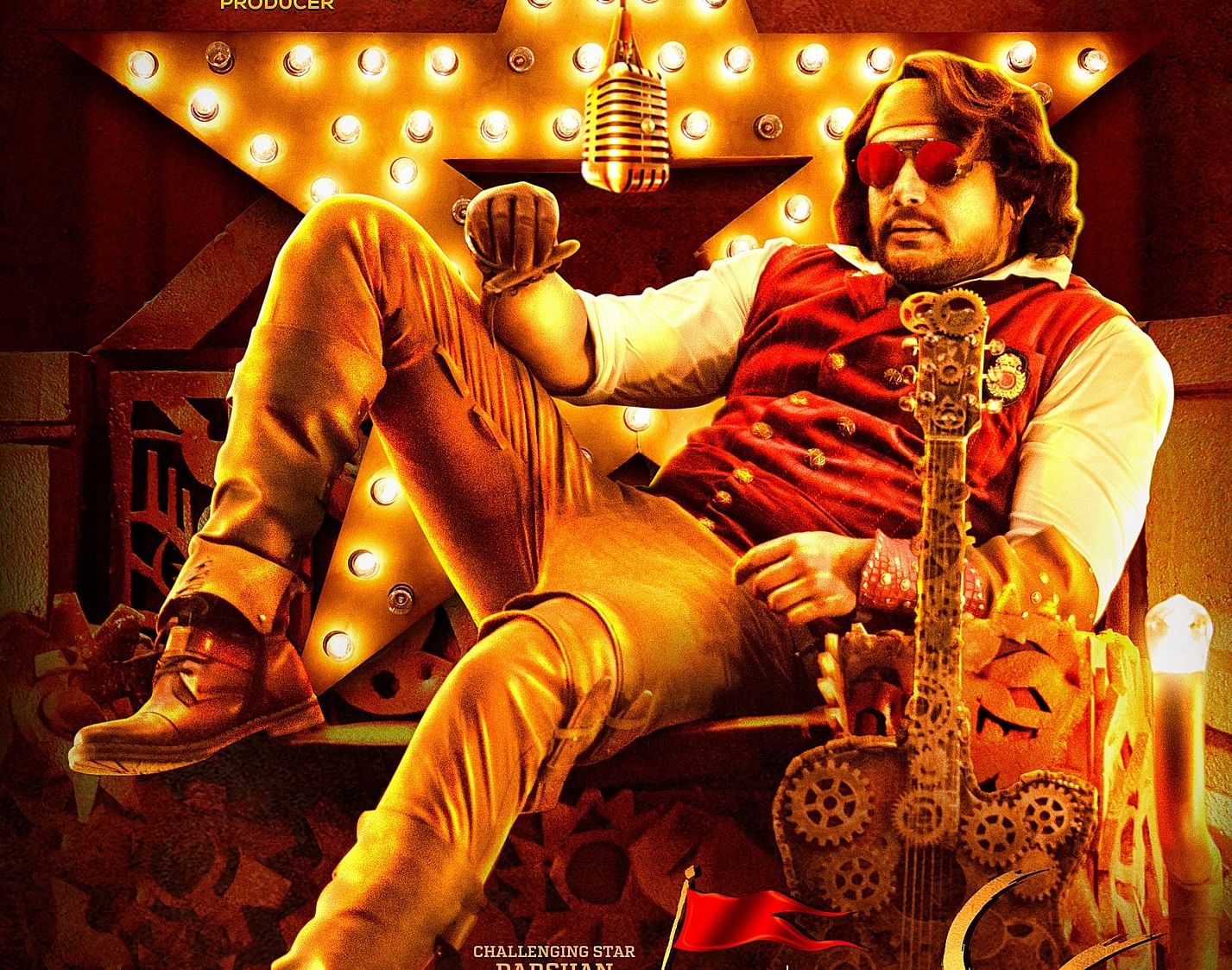
The scene in a BMTC bus couple of years ago in Bengaluru tells the story of piracy plaguing the Kannada film industry.
A college boy was enjoying a high definition (HD) version of Sudeep’s magnum opus ‘Pailwaan’ on his mobile phone. It didn’t matter to him that the film was still running in theatres. Through a Transfer app, it took him just 20 minutes to give the film to his friend.
The film’s producer, Swapna Krishna, reacted to this, saying she felt betrayed by the Kannada audiences. A decade ago, the problem was not so rampant in these parts. In the DVD era, it was almost impossible to acquire pirated copies of the latest Kannada releases.
A ‘Bangalore Mirror’ report in 2009 said producers had reached an understanding with pirates that no pirated Kannada films would be released in the market. “I think there was definitely an unofficial agreement,” director Pawan Kumar of ‘Lucia’ and ‘U Turn’ told Showtime. He believes vested interests are behind the recent surge in piracy. “I am sure pirates are well connected. Such a big film industry can’t randomly witness a surge in piracy,”
Cheap broadband streaming and the popularity of the Telegram app are giving Kannada film producers the jitters.
Big releases of this year, like ‘Pogaru’, ‘Hero’ and ‘Roberrt,’ have had to deal with the menace. Producers now hire anti-piracy teams ahead of their film’s release. The preparations come at a price. It cost about Rs 25 lakh to stop the piracy of Darshan-starrer Roberrt, says producer Umapathy Srinivas.
“I learnt my lessons after ‘Hebulli’ was affected,” he says. “We got a jondo order from the Madras High Court and gave a contract to a Bengaluru-based company to monitor piracy. We successfully removed 1,500 links but it’s a tedious process.”
Films are leaked from unexpected places. “Even the Censor Board isn’t trustworthy. So many times, people on the board leak the film for mere Rs 5,000 or Rs 10,000. Once the censor certificate is issued, they even leak information about the film. For my film, I had to seal the DVD because we have lost faith in the board,” he says.
Piracy is an organised crime. It is nearly impossible to tame the many websites that allow illegal sharing of copyrighted materials. People behind the famous website Tamil Rockers are so notorious that they take pride in announcing the release of pirated copies of highly-anticipated films.
While money is the driving force, fan wars contribute to it. In fact, fans don’t hesitate to fuel the downfall of their favourite star’s rival by encouraging piracy. Sometimes, people involved in film festivals abroad come into the picture.
“You can get into trouble when you plan an overseas release of your film,” says Rishab Shetty. Having starred and bankrolled ‘Hero’, he was upset to see his film suffer from piracy.
“Most distributors are genuine but sometimes, in countries that lack anti-piracy laws, they sell the film to pirates. It is difficult to keep track of what’s happening with our film in every country. That’s why we thought of screening the film abroad a couple of months after its release in India,” he said.
For small-scale and independent films, piracy deals a bigger blow. “My films ‘Lucia’ and ‘U Turn’ could have enjoyed a better box-office result. A big film has the advantage of a huge following. Fans ideally prefer to watch their stars on the big screen. So these films suffer less than content-based films,” he says.
Big studios like Warner Brothers, Fox Studio and Sony have joined hands to go to court, and been fairly successful in killing many illegal websites. Filmmakers here have called for the ban of the Telegram app.
“In some obscure theatre, people are recording films with smartphones with great camera quality. You need to hit where it hurts. The government must ban problematic apps like Telegram,” said Rishab.
It’s highly unlikely that all illegal websites will disappear in the near future. The pirates survive with new URLs and domains. It all boils down to the ethical choice of the viewers. “What if one day his or her own family member becomes an artist?” Pawan signed off.
Darshan’s mantra: Make good films
At the success meet of ‘Roberrt’, Darshan’s solution to piracy earned applause. “My films ‘Yajamana’ and ‘Kurukshetra’ were pirated. Yet they completed 100 days in theatres. If it is a good film, people won’t watch it on their phones even if they get it for free. They will go to a theatre. So make a good film,” he said.
Govt reaction
Two years ago, the central government approved an amendment of the Cinematographer Act. Unauthorised duplication of a film could now lead to a three-year jail term and a fine of Rs 10 lakh.